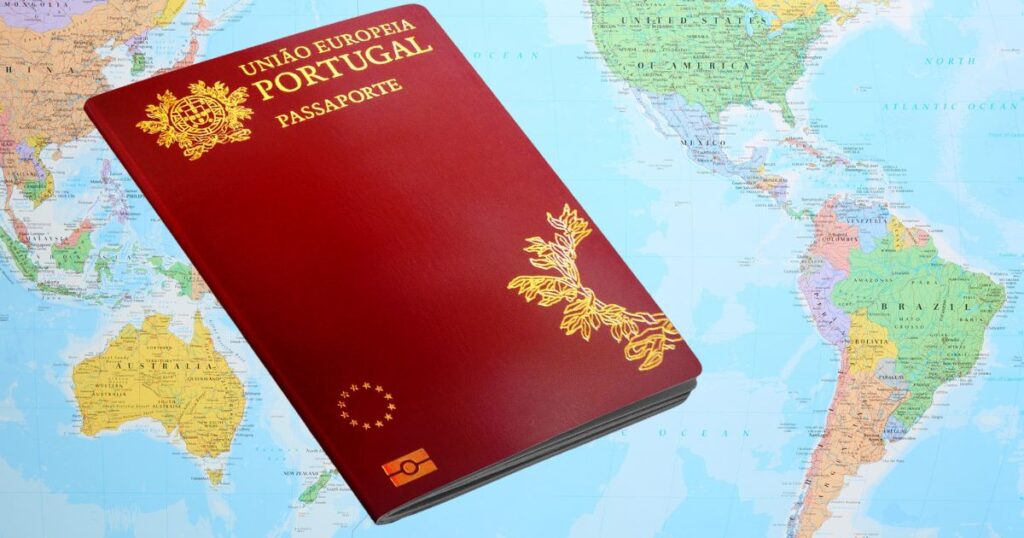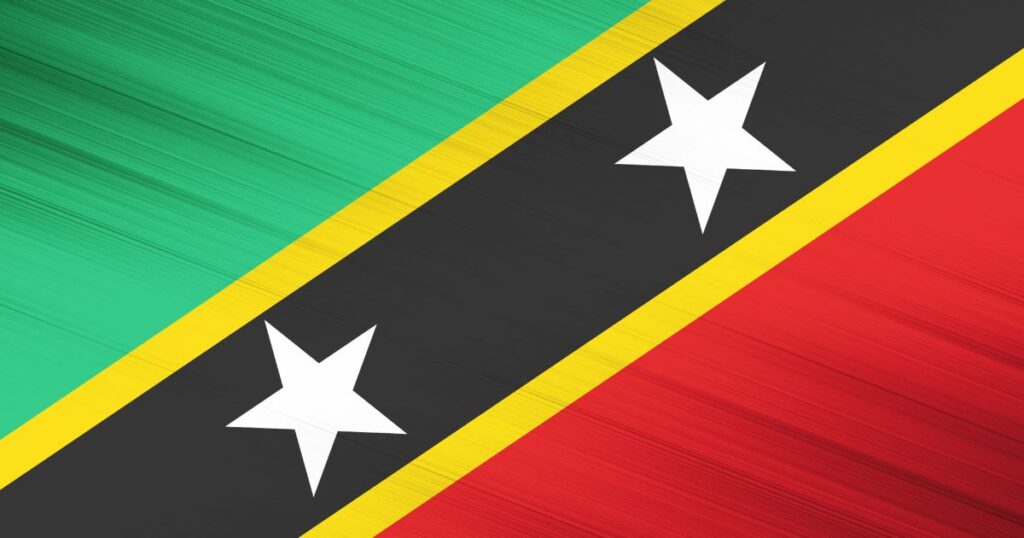The two terms “U.S citizen” and ‘U.S national” can have different interpretations.
Every citizen is a national of the United States, but not every national is a citizen. The only current example of non-citizen US nationals are those born in American Samoa (including Swains Island). Unlike the other current US territories, people born in American Samoa are not automatically granted US citizenship by birth as the territory is not incorporated and an act of Congress granting it, similar to other US territories, have not yet been passed for American Samoa. The other historical groups of non-citizen US nationals include those of former US territories and during periods of time before the acts of Congress granting citizenship to those born in current territories, according to Wiki.
To understand properly, we refer to the actual official definition provided by the IRS
U.S. National
An individual who owes his sole allegiance to the United States, including all U.S. citizens, and including some individuals who are not U.S. citizens. For tax purposes the term “U.S. national” refers to individuals who were born in American Samoa or were born in the Commonwealth of the Northern Mariana Islands who have chosen to be U.S. nationals instead of U.S. citizens.
U.S. Citizen
- An individual born in the United States.
- An individual whose parent is a U.S. citizen. (NOTE: There are two general ways to obtain citizenship through U.S. citizen parents, one at birth and one after birth but before the age of 18. For more information, refer to the USCIS Citizenship Through Parents.
- A former alien who has been naturalized as a U.S. citizen
- An individual born in Puerto Rico
- An individual born in Guam
- An individual born in the U.S. Virgin Islands
US Passport
United States passports are passports issued to citizens and nationals of the United States of America. There is also a message in the passport of an American Samoan stating that the passport holder is a national, not citizen, of the United States.





